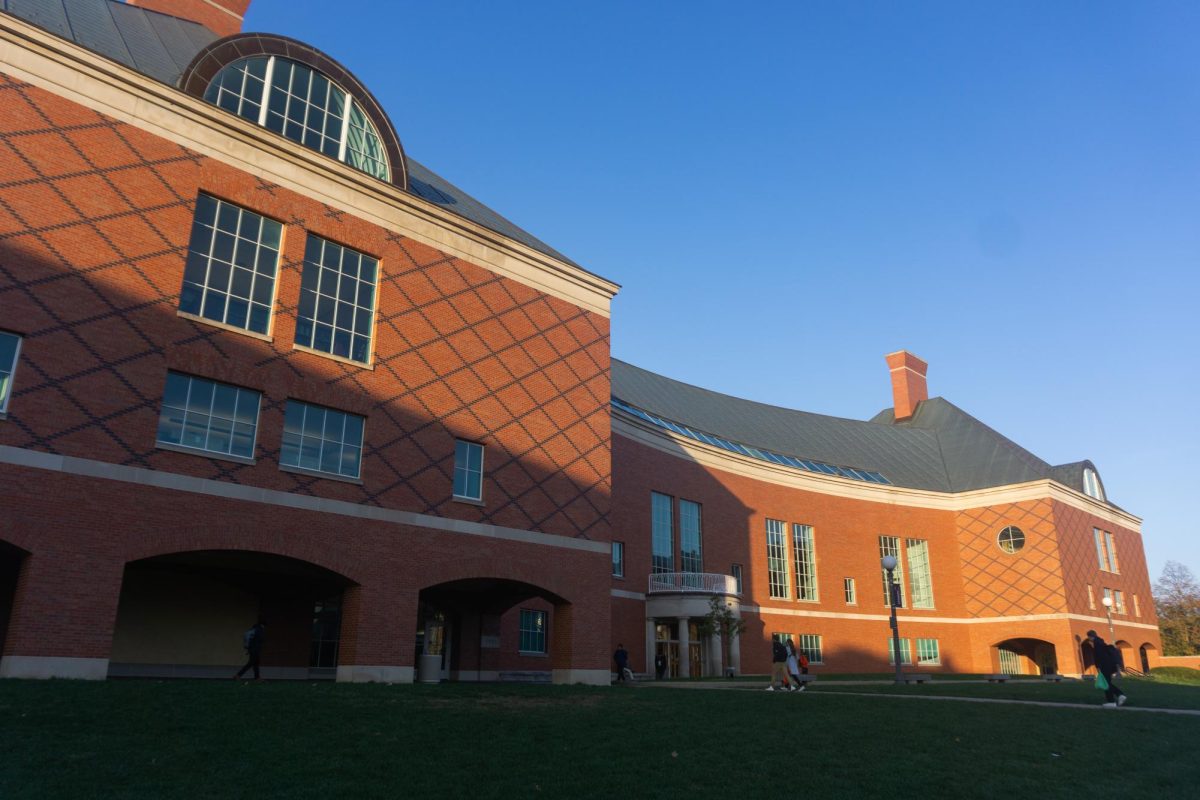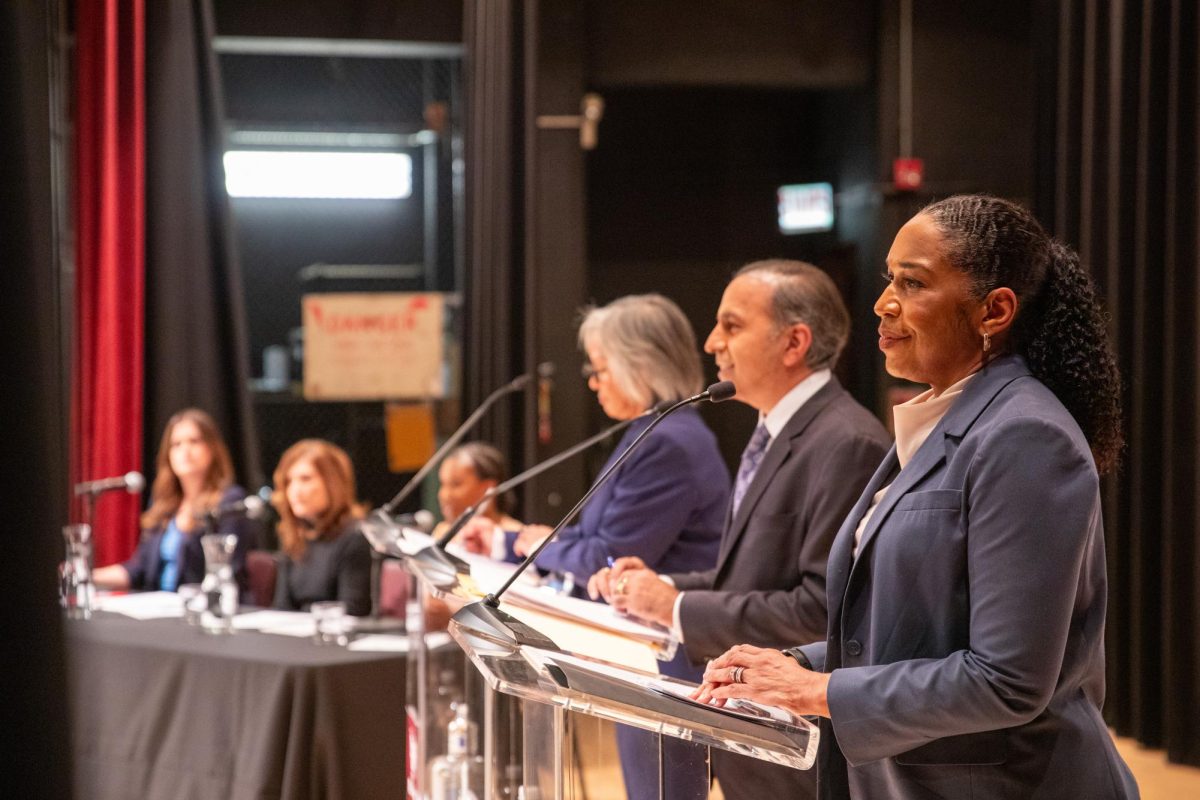Last updated on Sept. 21, 2024 at 07:22 p.m.
Sandra Day O’Connor, the first woman appointed to the U.S. Supreme Court, died at age 93 on Friday in Phoenix, Arizona.
According to a statement from the Supreme Court, O’Connorʼs passing was caused by complications related to advanced dementia, a respiratory illness and possibly Alzheimer’s disease.
O’Connor, the daughter of a rancher, was born in El Paso, Texas. She grew up in Arizona and lived there for the majority of her life.
She attended Stanford Law School, where she met her husband John Jay O’Connor and classmate William H. Rehnquist, who served as a chief justice during much of her tenure.
Get The Daily Illini in your inbox!
Throughout her tenure, O’Connor was viewed as a moderate who sided with both conservatives and liberals, often acting as a swing vote in important decisions.
According to NBC News, she approved taxpayer-funded vouchers for students at religious schools, voted to end the 2000 Florida recount between George W. Bush and Al Gore and advocated for states’ rights against federal control.
She also affirmed abortion rights, upheld affirmative action in college admissions, approved the creation of more congressional districts with Black voters in the majority and maintained separation between government and religion.
Following her tenure on the Supreme Court, she founded and led iCivics, the nation’s leading civics education platform.
“Justice O’Connor spent an active retirement, sitting as a visiting judge on federal appeals courts around the country and speaking and writing widely in support of two causes, judicial independence and civics education,” The New York Times stated in her obituary.
In October 2018, she released a public letter announcing her retirement from public life, due to her being diagnosed with the beginning stages of dementia.
“It is my great hope that our nation will commit to educating our youth about civics, and to helping young people understand their crucial role as informed, active citizens in our nation,” she stated in the letter. “To achieve this, I hope that private citizens, counties, states, and the federal government will work together to create and fund a nationwide civics education initiative.”
After her retirement from public life, she continued to live in Arizona with her friends and family.
“We at the Supreme Court mourn the loss of a beloved colleague, a fiercely independent defender of the rule of law, and an eloquent advocate for civics education … We celebrate her enduring legacy as a true public servant and patriot,” said Chief Justice John Roberts Jr. in the Supreme Court’s public statement.









